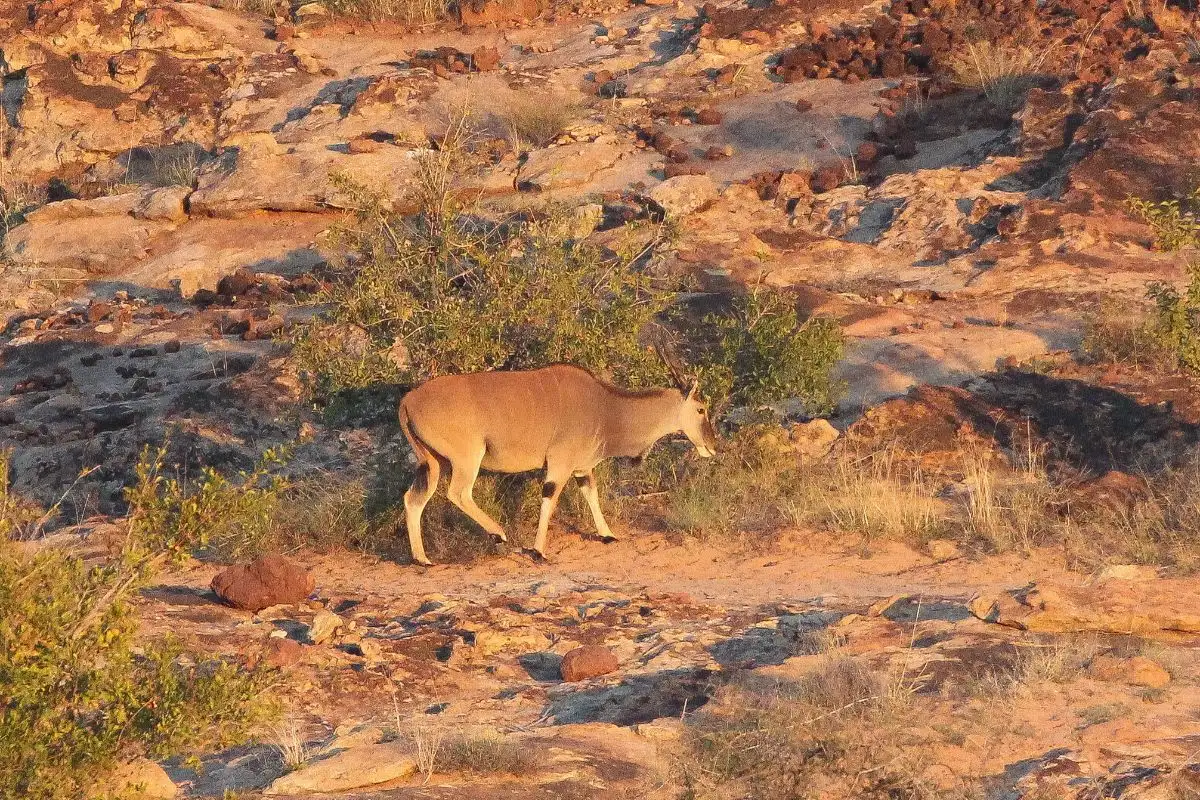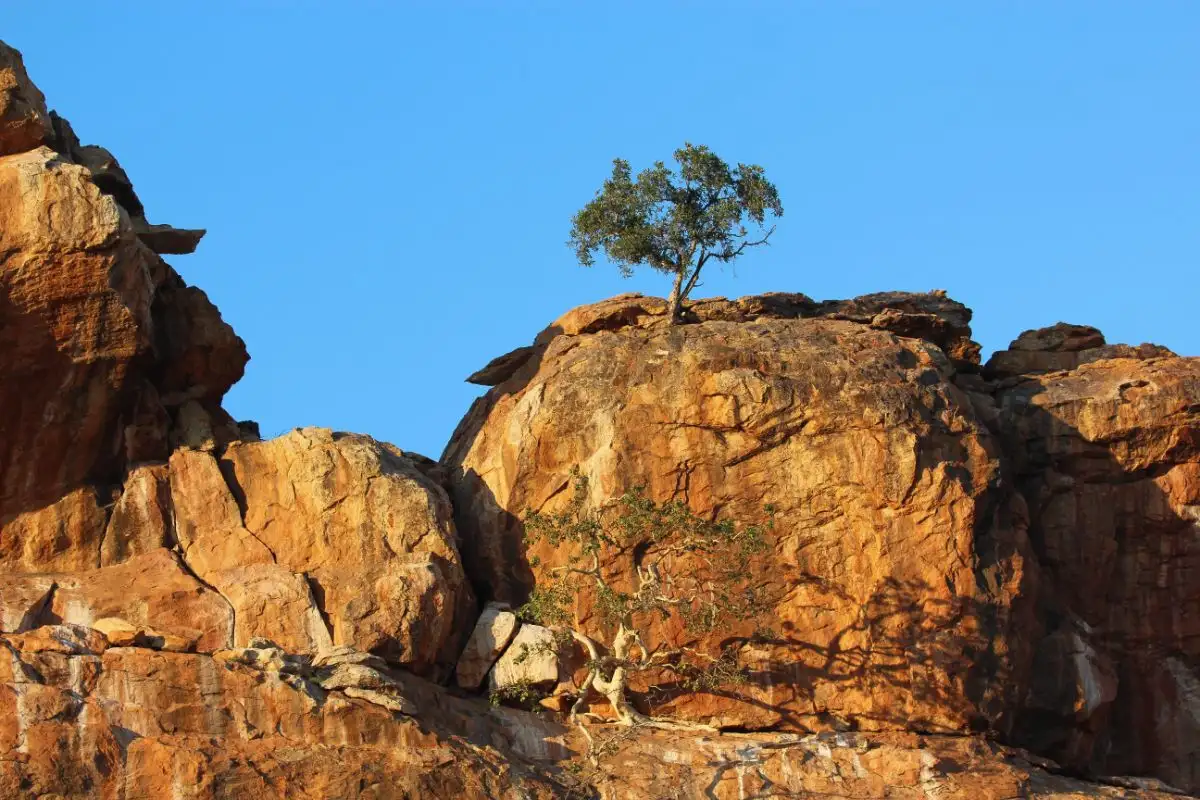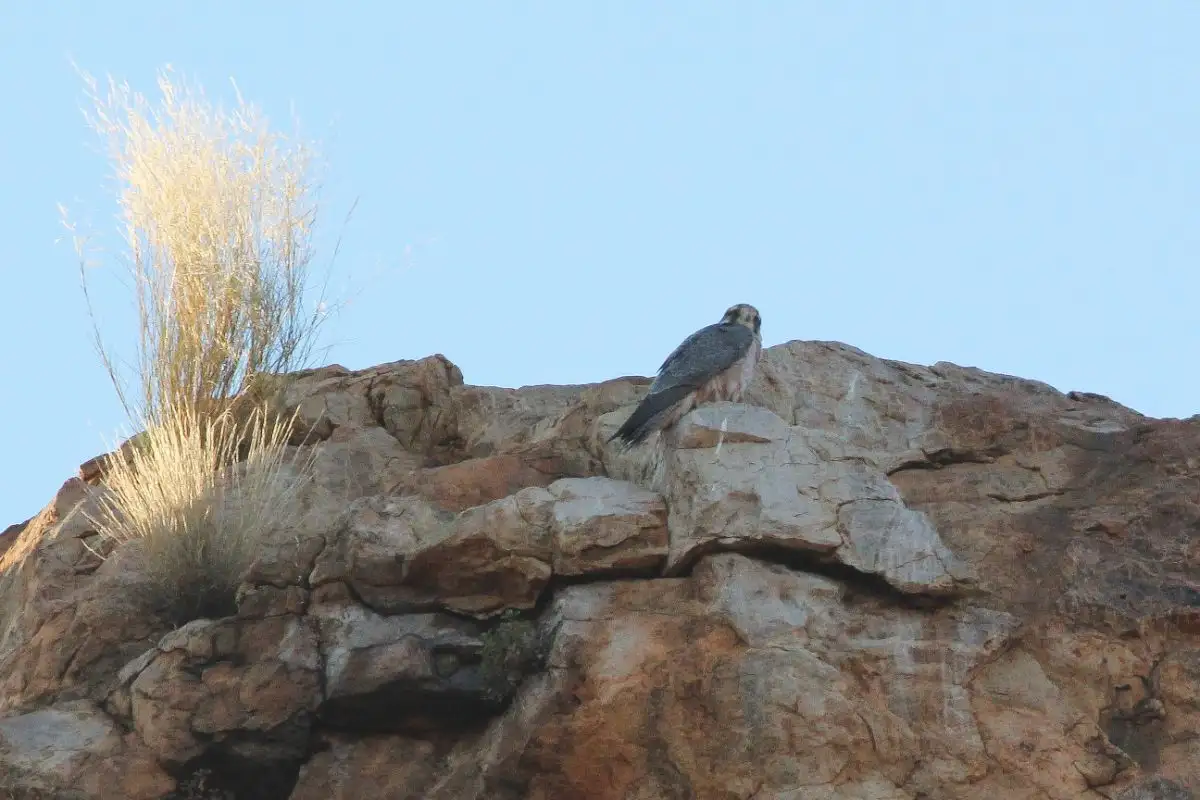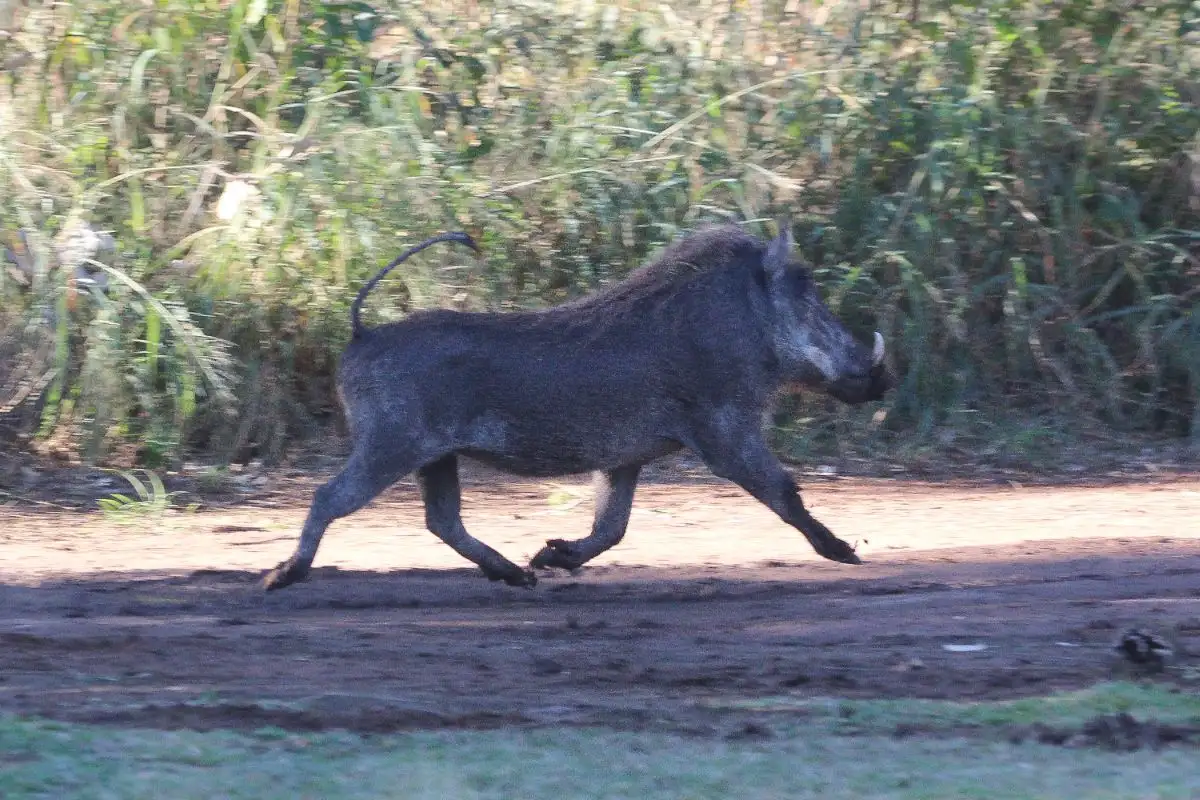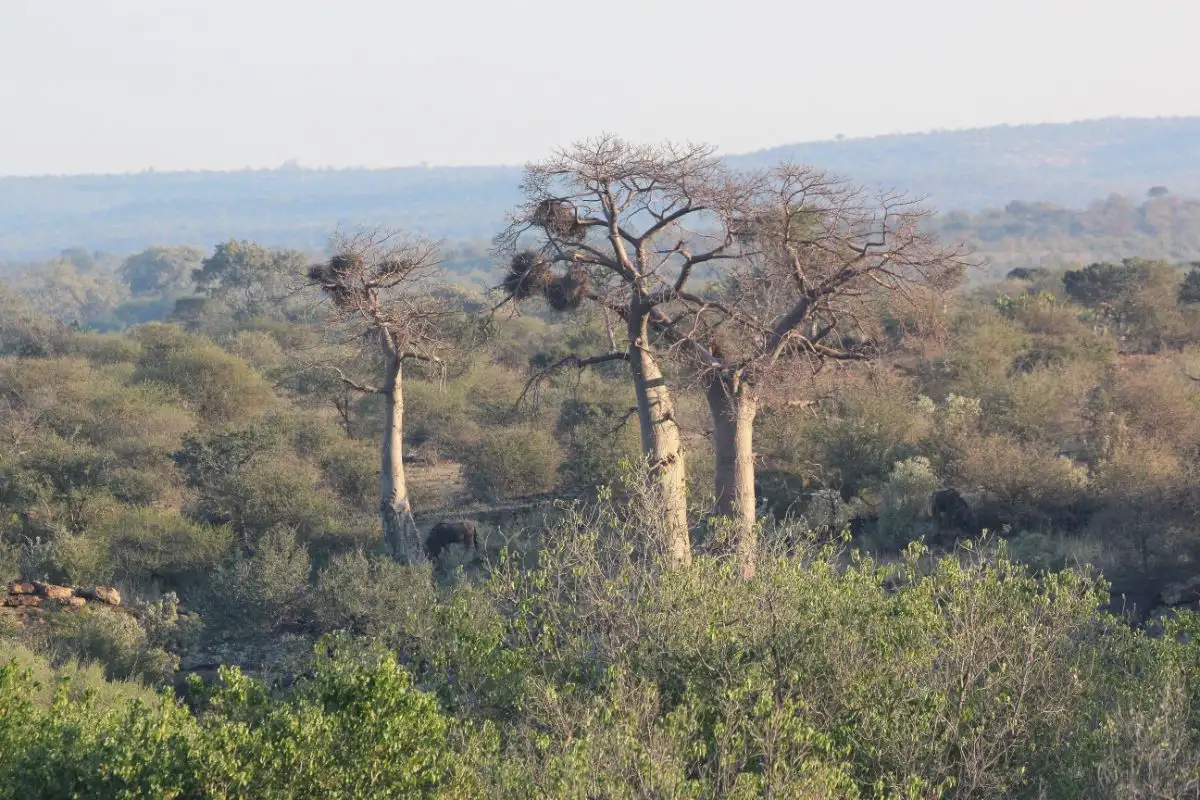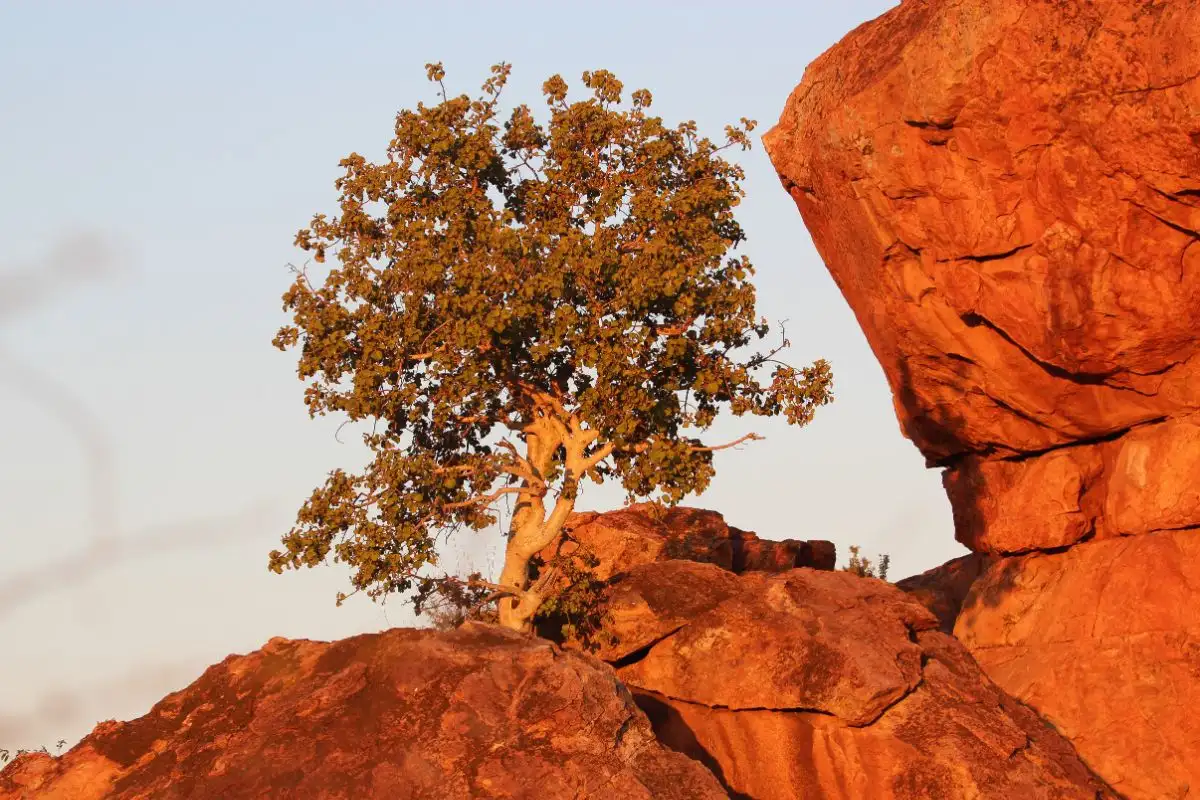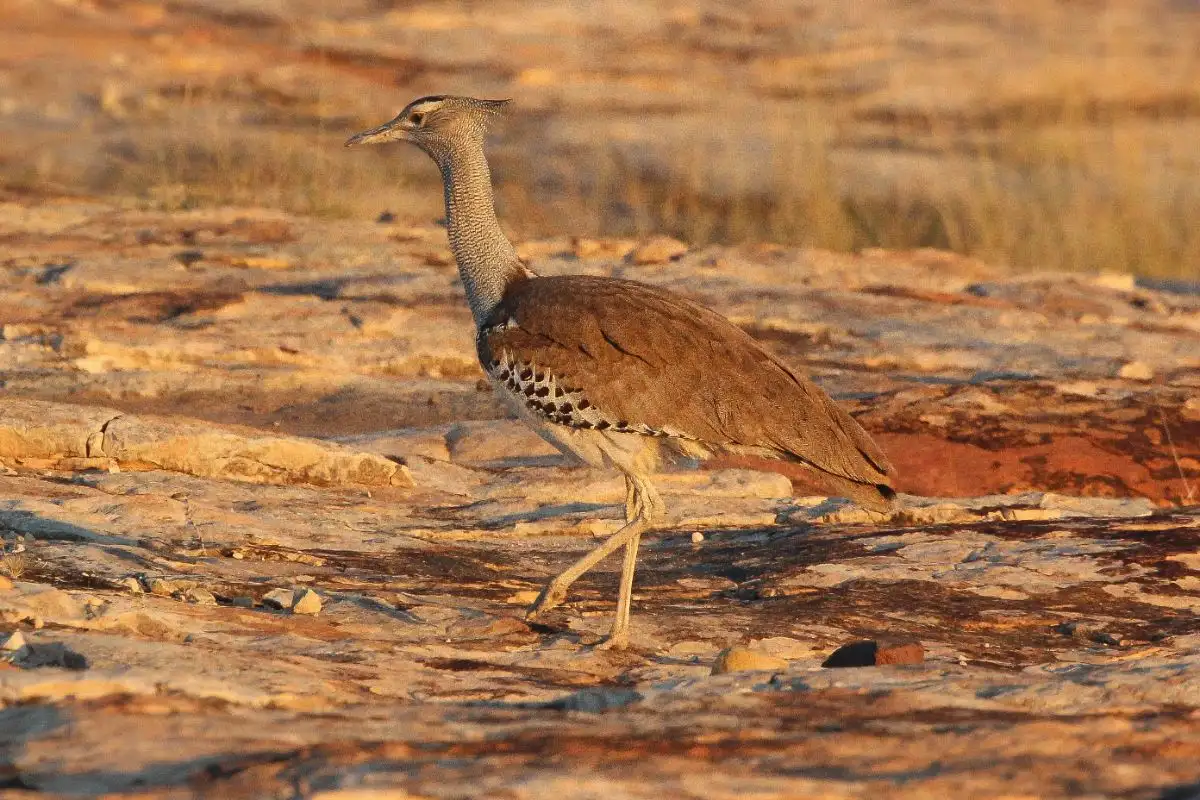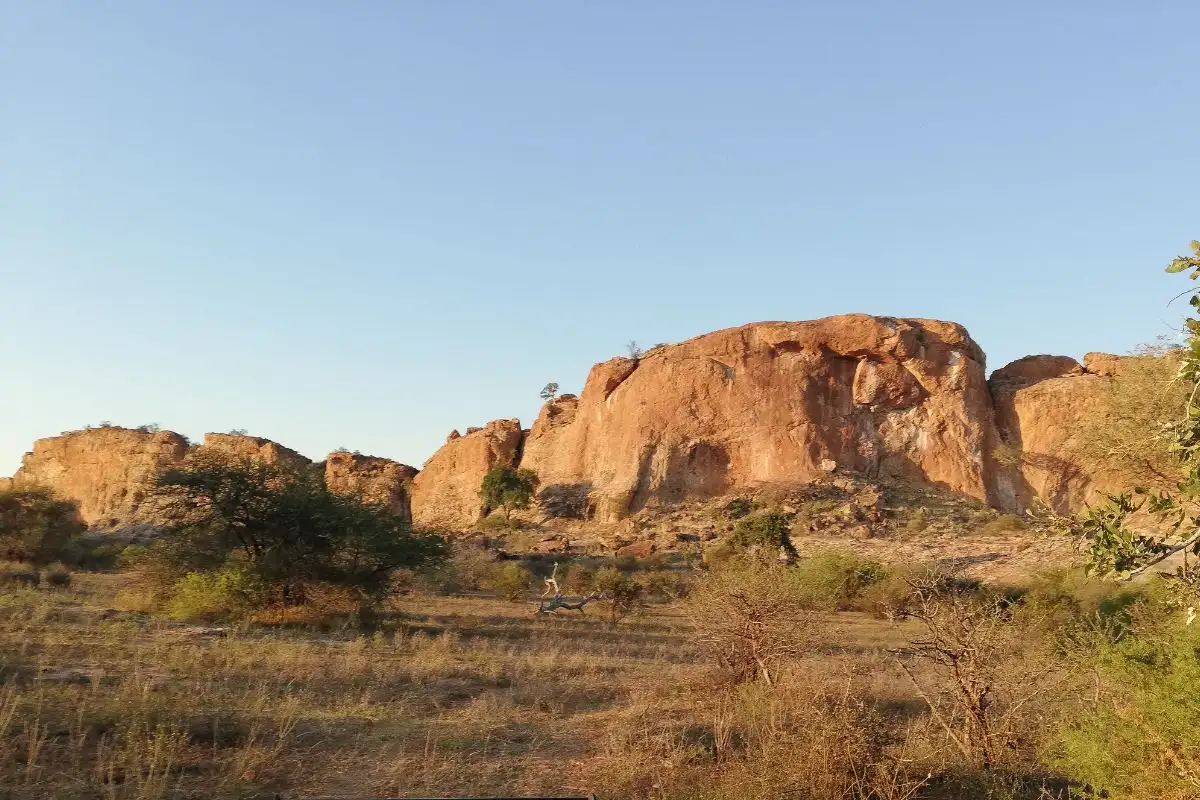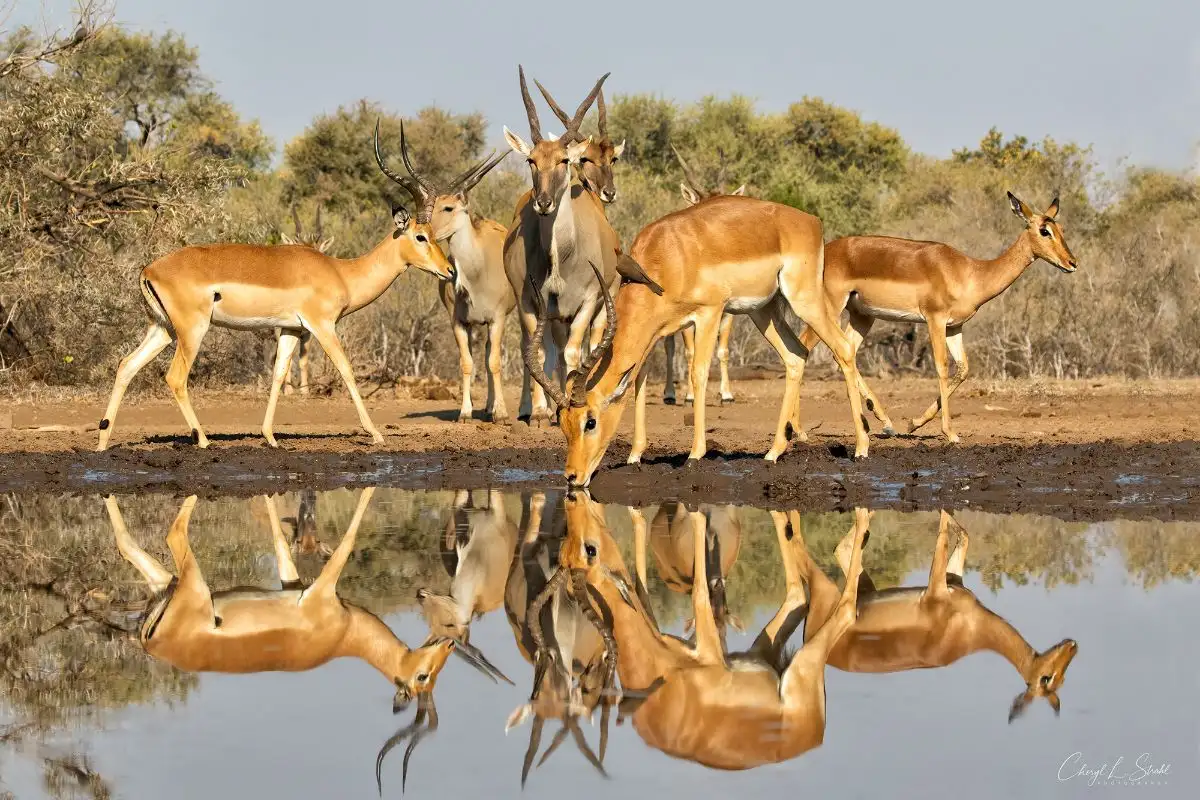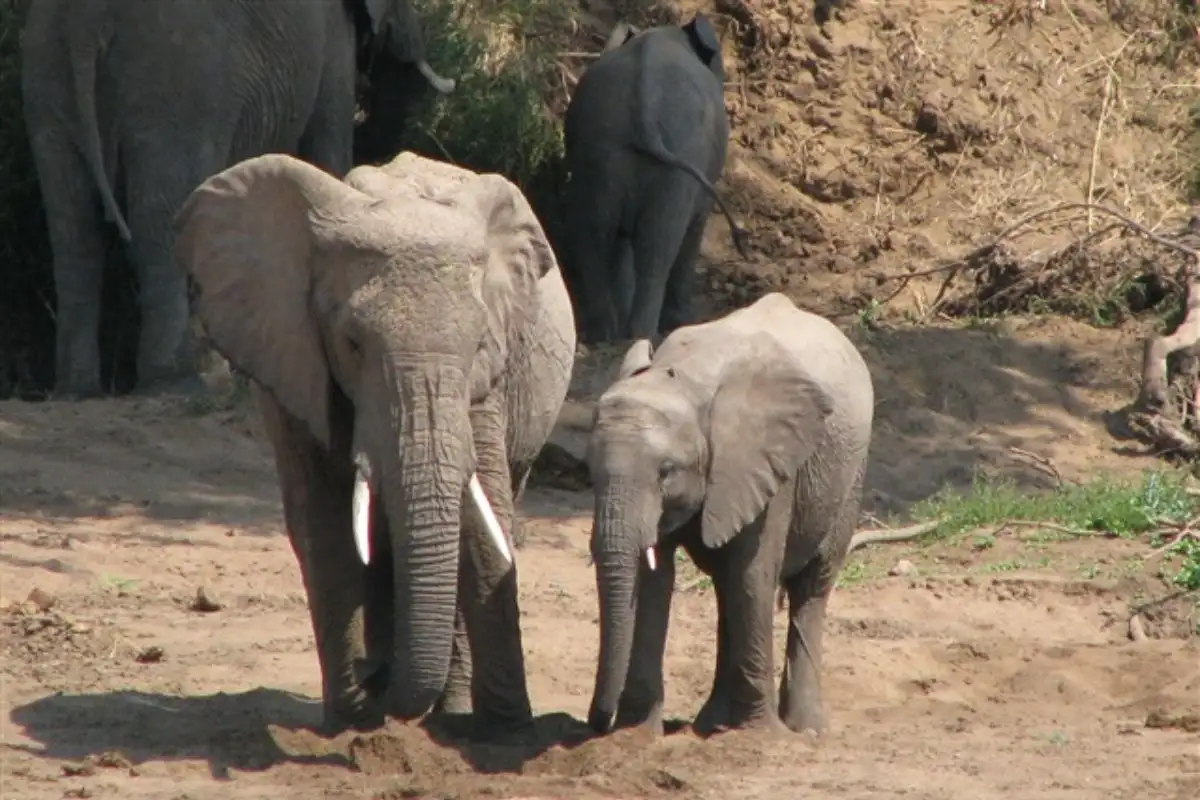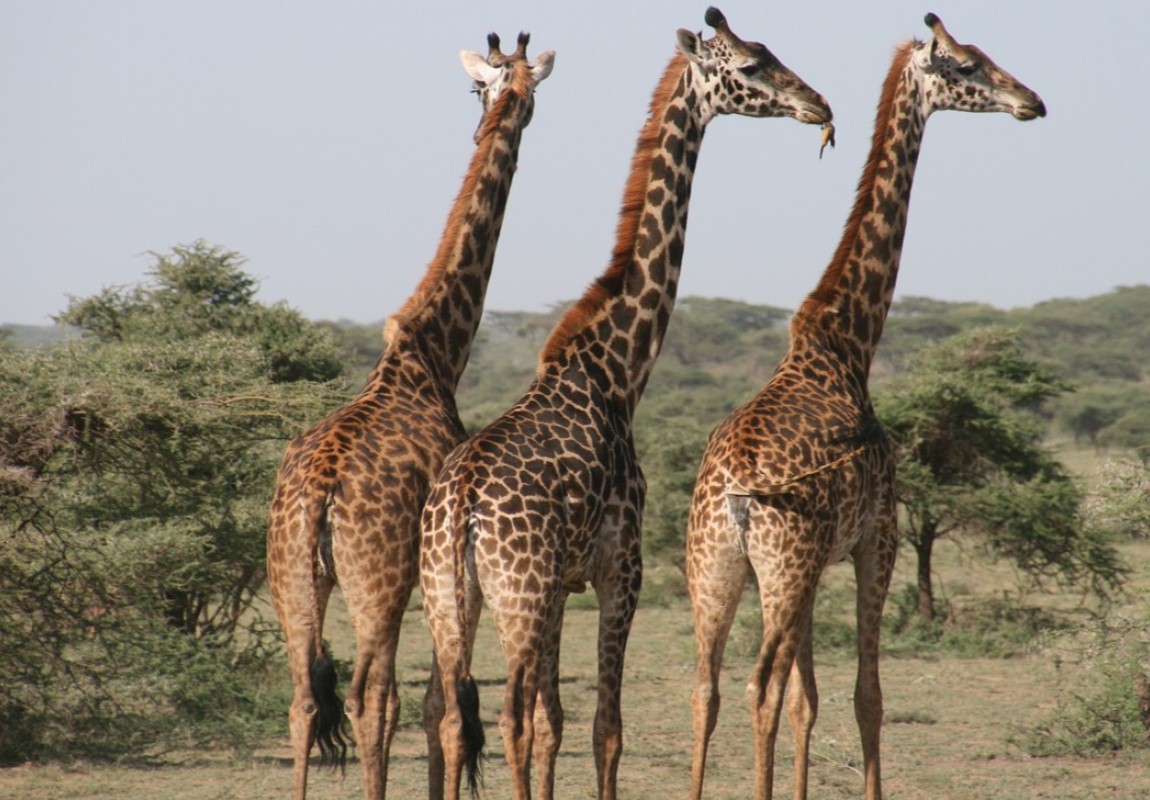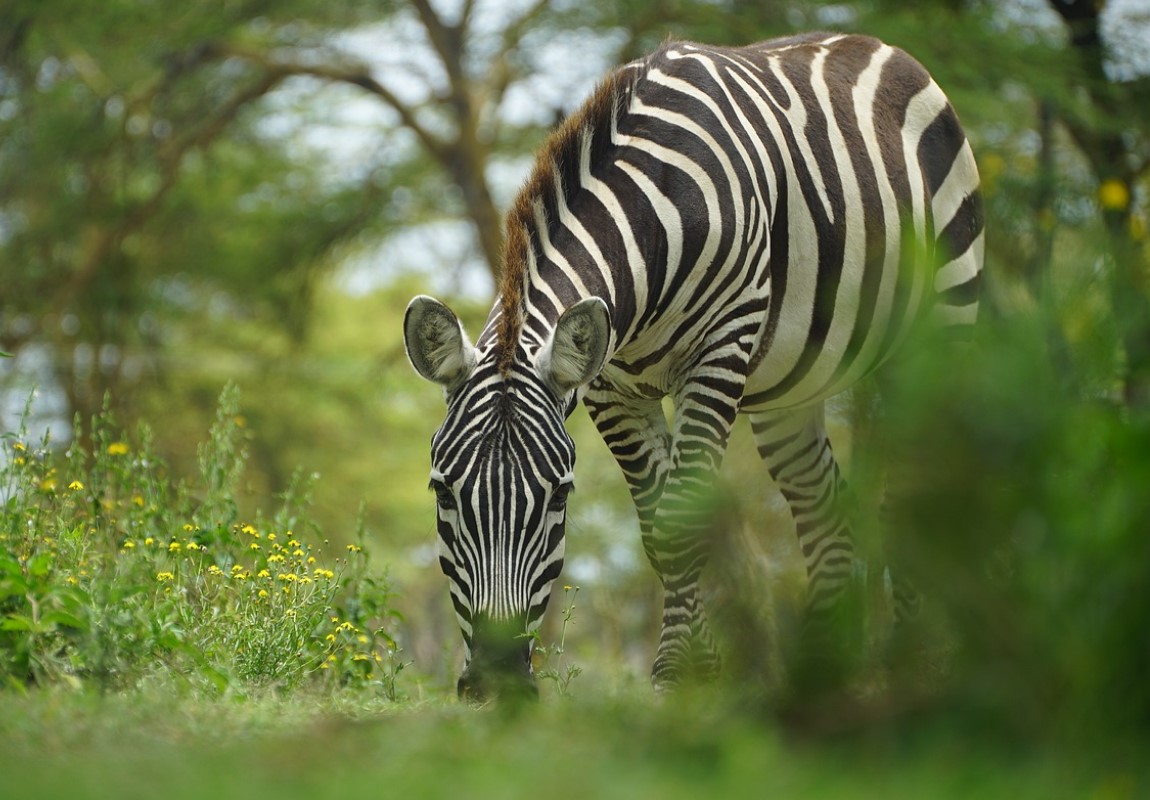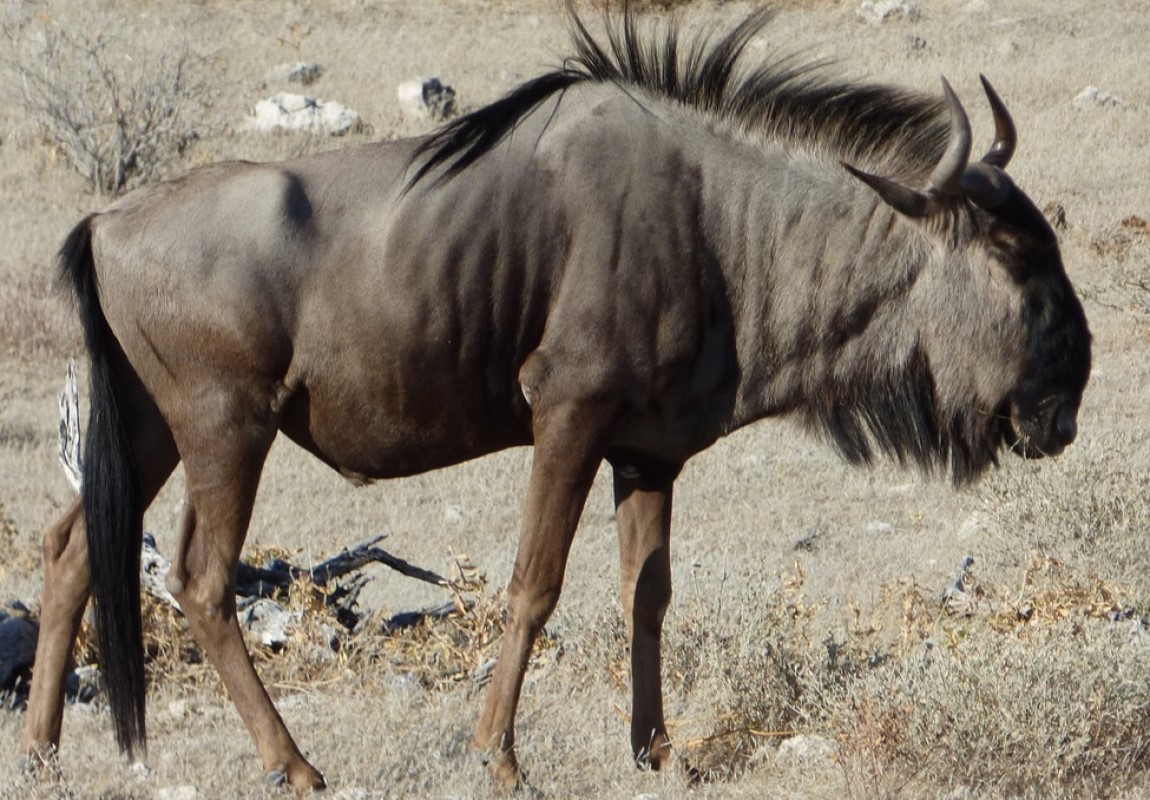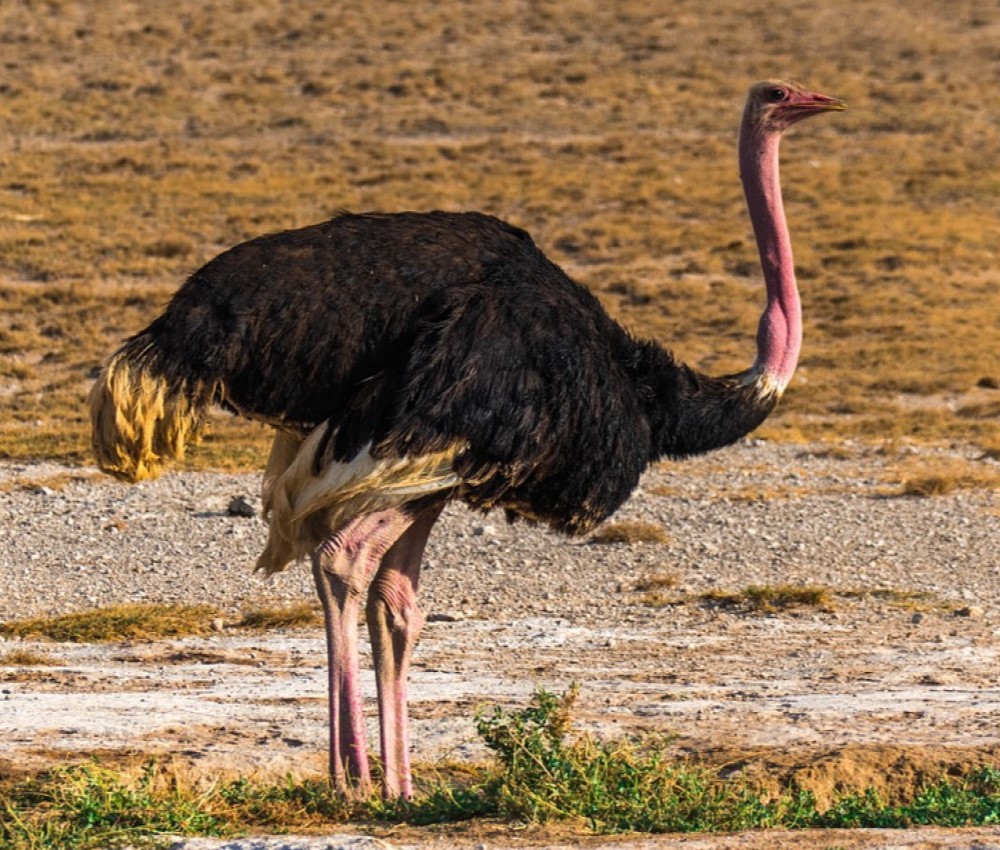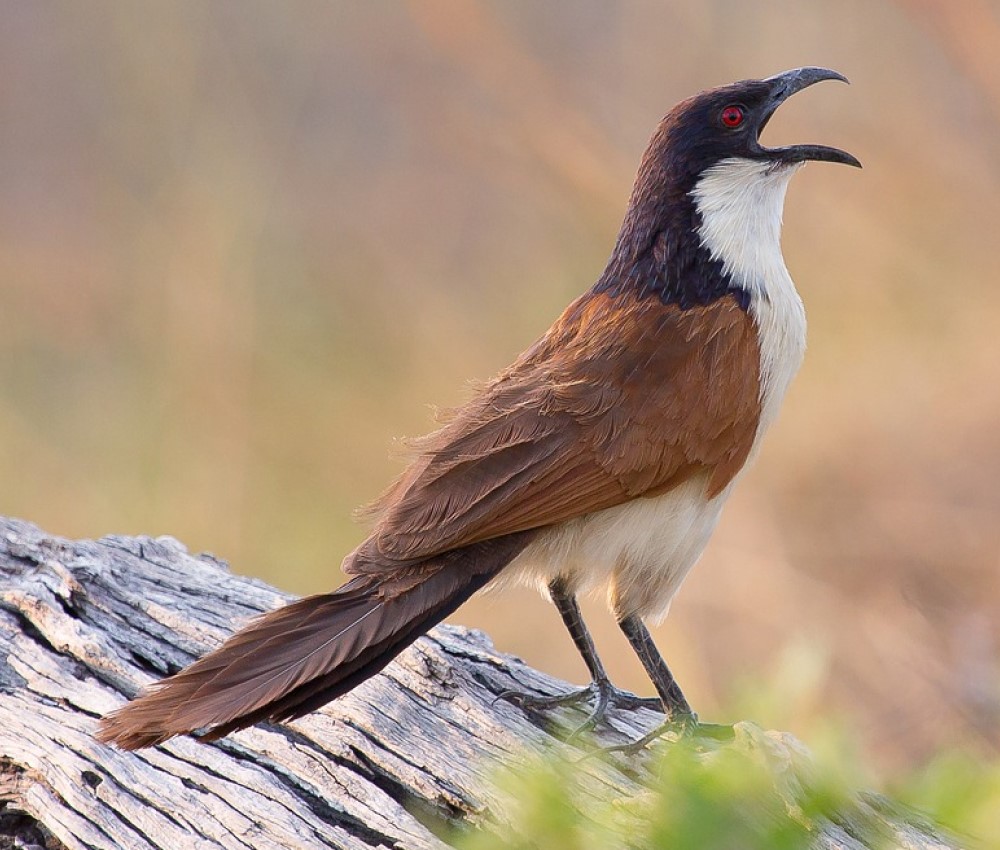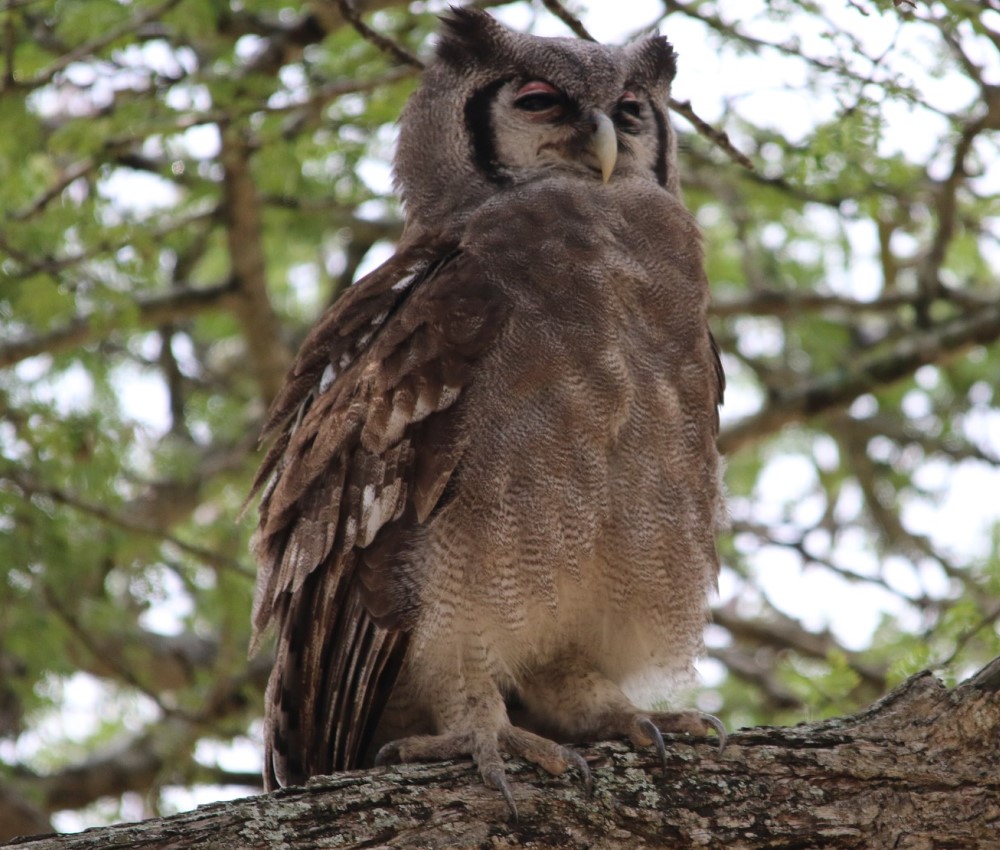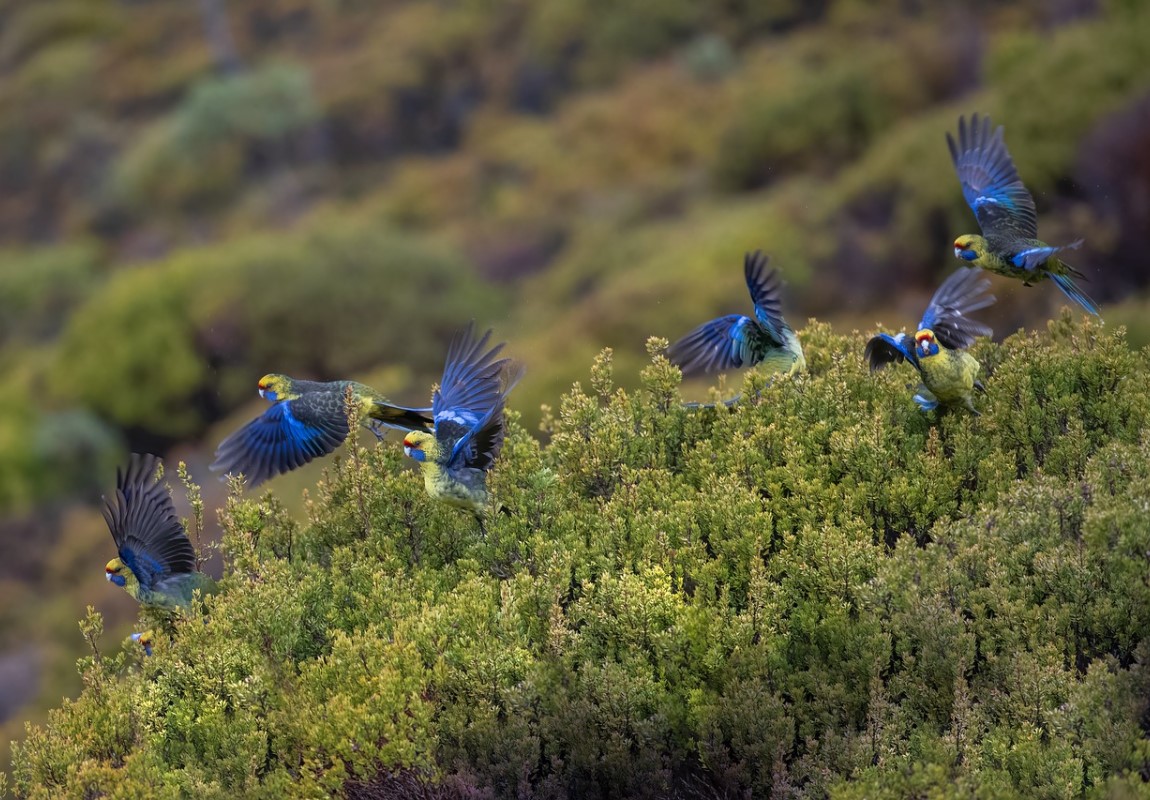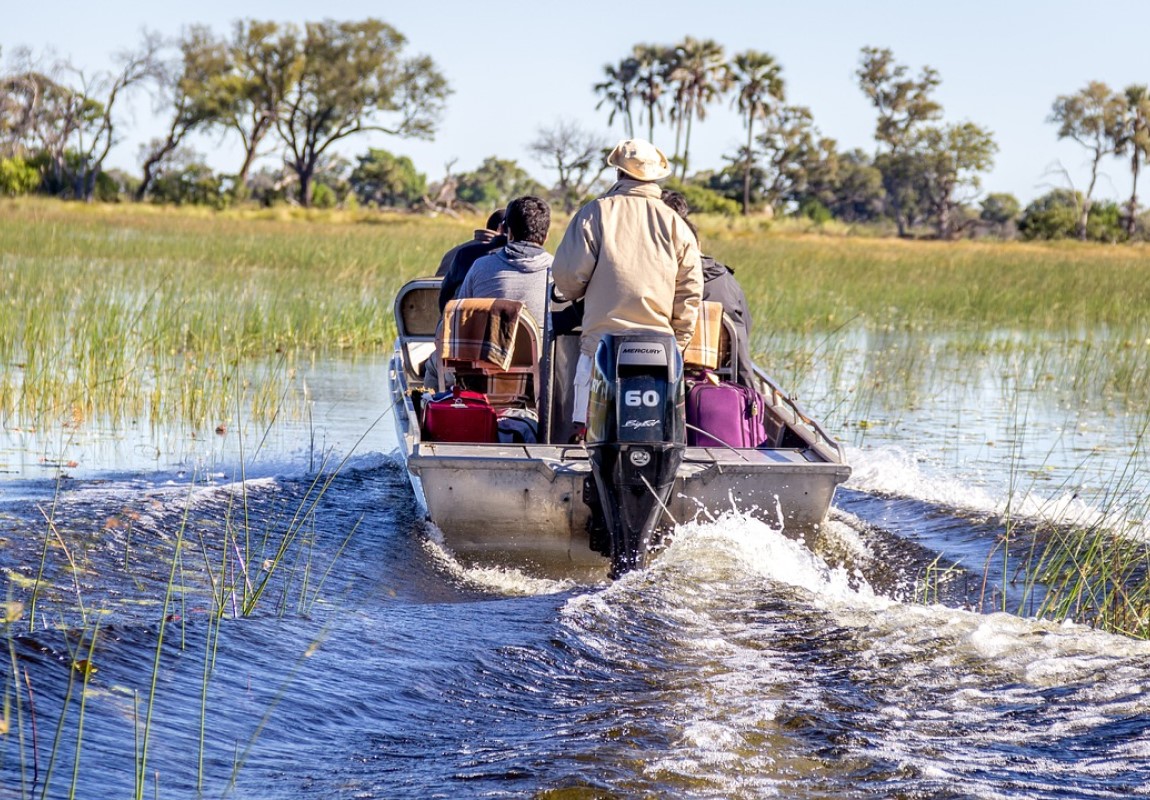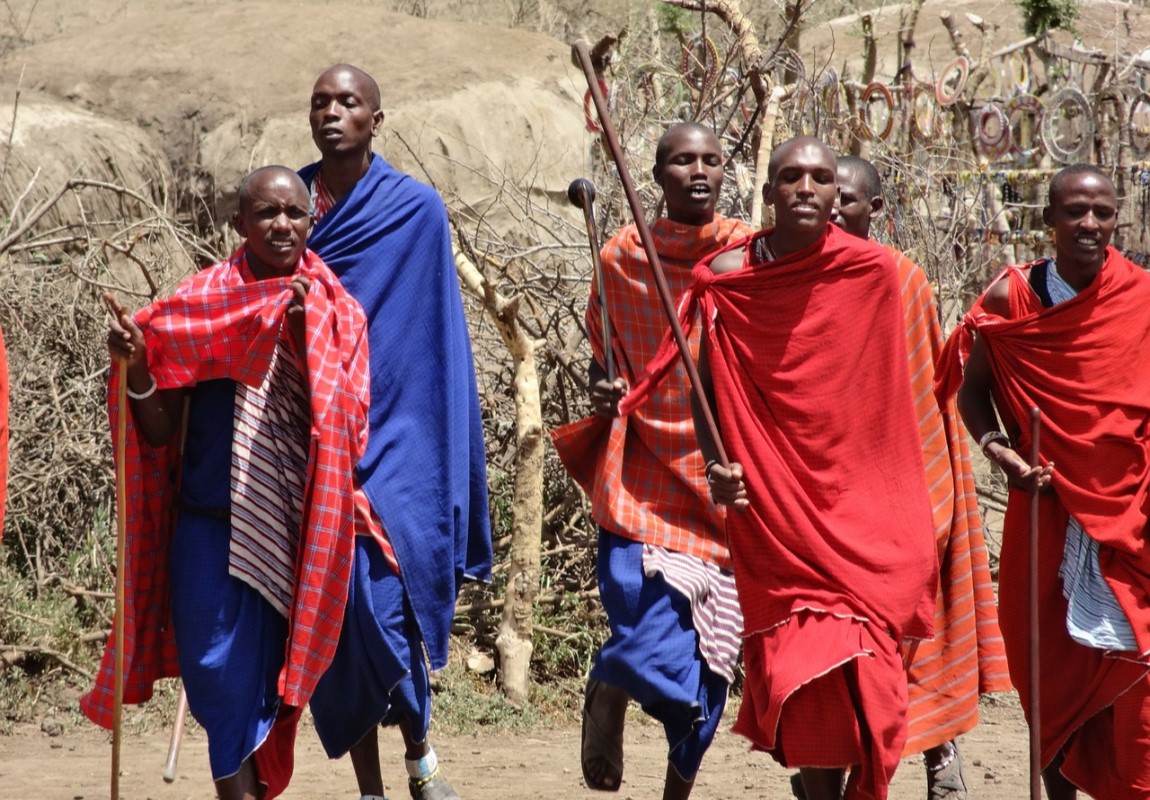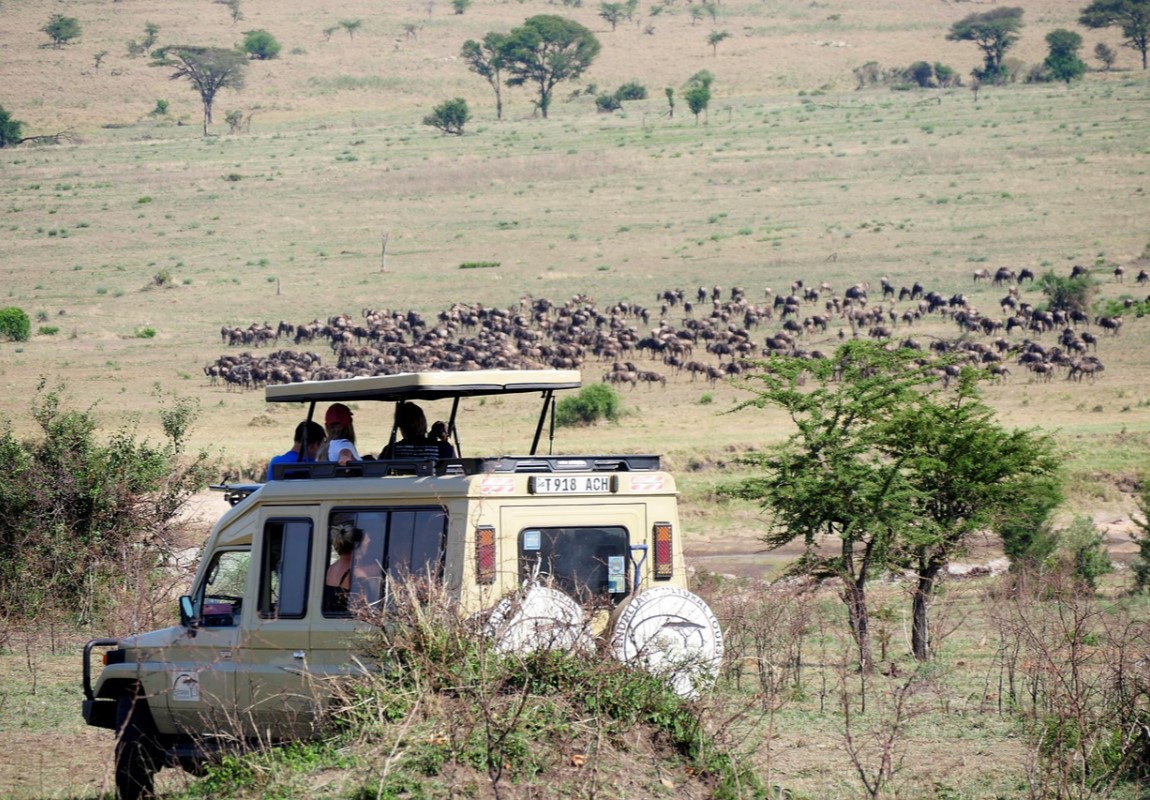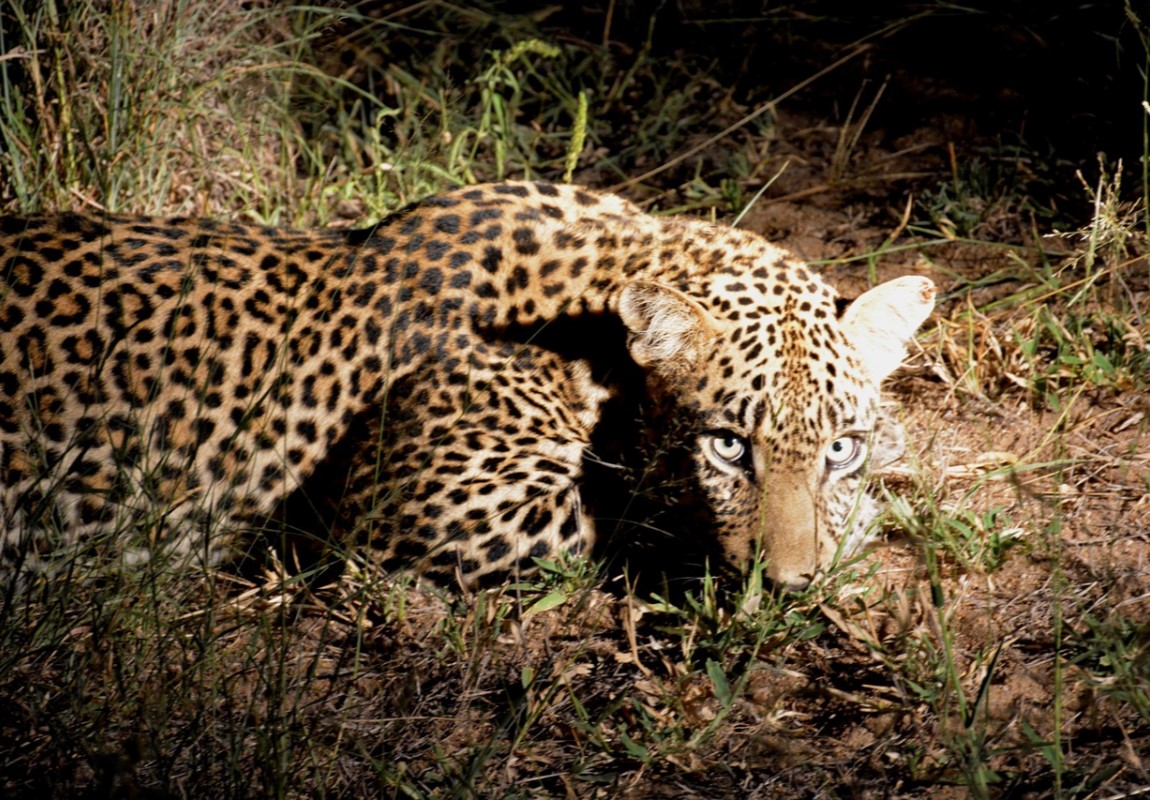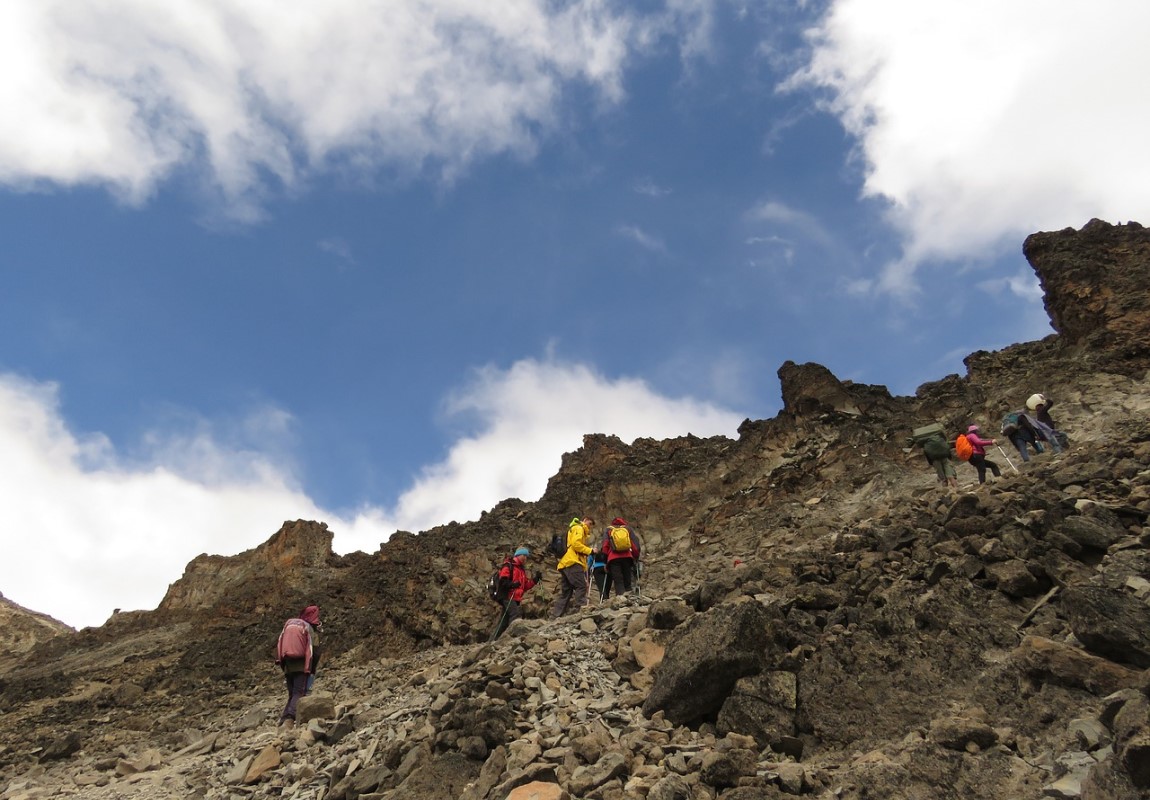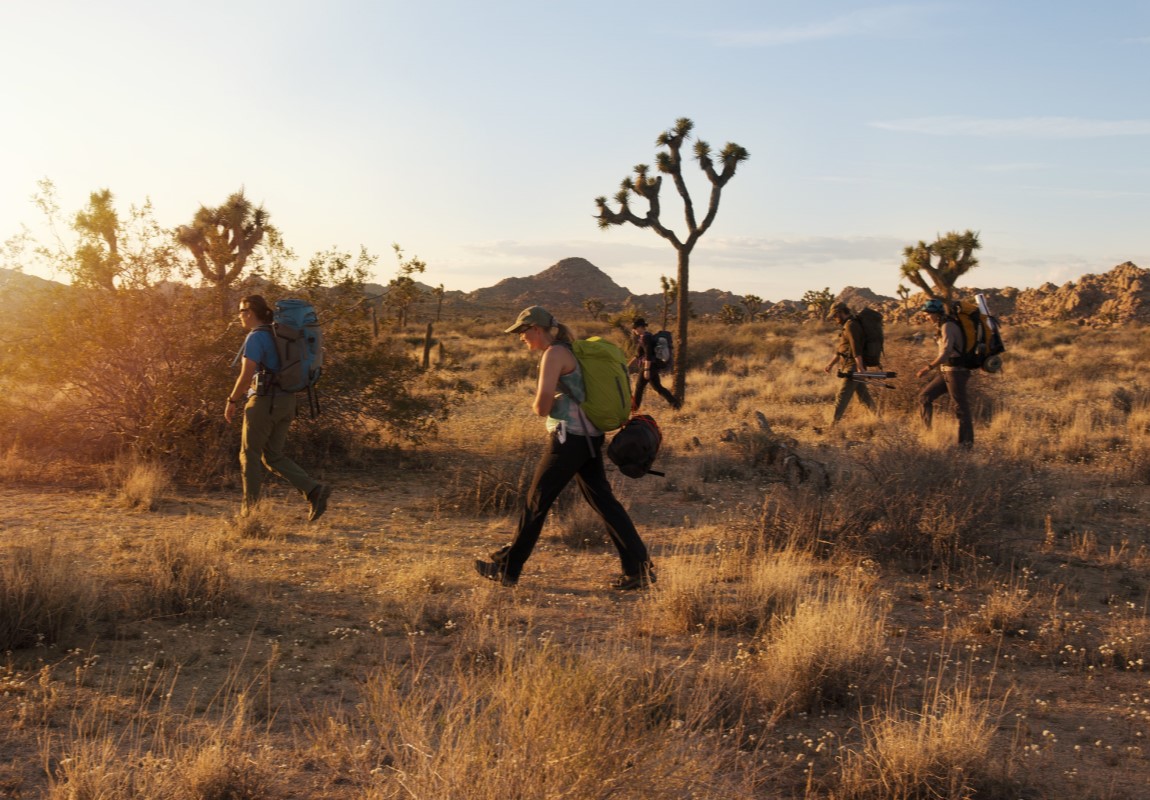Northern Tuli Game Reserve 
Northern Tuli Game Reserve - Botswana Wildlife Destination
Starting from
$950PP
Overview
The Northern Tuli Game Reserve (or Notugre) is a Game Reserve spreading over around 72,000 Hectares of privately-owned land in the northeastern area of Botswana's Tuli Block. It is bordered by South Africa toward the South and Zimbabwe toward the East. This excellent corner of Eastern Botswana, the Northern Tuli Game Reserve, with its fabulous vistas of streaming slopes, dramatic scenes of brilliant Mopane breadths with fingers of broken riverine shrub, rough inselbergs and sandstone arrangements sticking out like solitary sentinels keeping watch over the rich animal and vegetation spotted and specked across the African vista; is the domain of sovereignty. It consolidates a few private concessions including Mashatu GR and Tuli Safari Lodge. Wildlife viewing is phenomenal; elephants are plentiful, and leopards are habituated. On top of standard game drives and walking safaris, horse riding, mountain trekking and ballooning are likewise accessible.
Pros & Cons
- Amazing wildlife viewing (particularly leopard & elephant)
- Off-road driving is allowed which facilitates quality sightings
- Game drives, night drives, boating safari and walking safaris are available
- Adventure activities, such as horse riding and mountain biking, are available
- Several accommodation options are available
- Amazing guiding & tracking
- Very wildlife viewing options are available
- Buffalo & Rhino are not present
- Self-drive is not allowed in the reserve
Map in Botswana
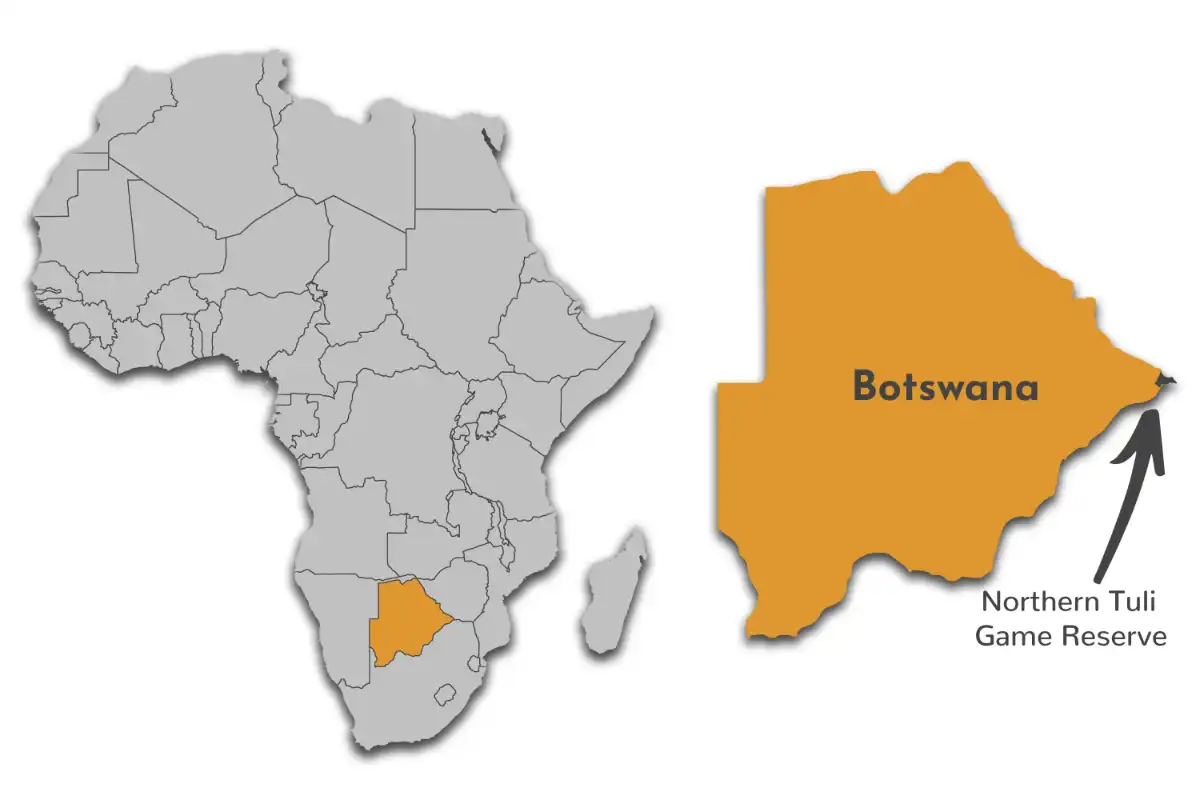
Want to Visit Northern Tuli Game Reserve?
Gallery Images
Explore the stunning beauty of Northern Tuli Game Reserve through our curated collection of photographs showcasing its landscapes, wildlife, and natural wonders.
Want to Visit Northern Tuli Game Reserve?
Wildlife & Animals
Wildlife viewing is phenomenal in the Northern Tuli Game reserve. Most naturally occurring wildlife species are present, including elephant, kudu, zebra, impala, duiker, wildebeest, waterbuck, steenbok, and warthog. Large herds of eland – often not seen elsewhere in Botswana – are present, and these are indeed an awesome sight. All major predators, including lion, leopard, cheetah and hyena, are present, and the birdlife is prolific.
Wildlife Highlights
Enormous crowds of elephants gather at the dry riverbeds and dig for fresh water and there are good numbers of zebra, wildebeest and eland also. Leopard is followed consistently and sightings are on a standard with those in notable Sabi Sands. Wild dogs have been once again introduced and have gotten comfortable well. Night drives are conducted day by day, and a few intriguing nighttime animal types can be spotted including aardvark, aardwolf, civet and African wild cat. More regular sightings are those of bushbaby, genet and springhare. Night drives increment the odds of spotting leopard, lion and spotted hyena hunting.
Best Time for Wildlife Viewing
Northern Tuli has very seasonal wildlife viewing. The best time to visit the Northern Tuli region is in the Dry season from May to September when water is inadequate and animals gather to drink. At this time the vegetation is also thinner making sightings easier. During the Wet season, from December to April, animals tend to congregate around the pans in the interior.
Want to Visit Northern Tuli Game Reserve?
Birds
Northern Tuli Game reserve has excellent bird watching opportunities with more than 350 species recorded so far. Similarly, as with numerous private game reserves, birding isn't generally a priority. Therefore, devoted bird watchers ought to think about booking a private vehicle to keep away from disillusionment. Guided walks and night drives are incredible to add more species to your list and there are a few bird hides on the reserve where you can sit and bird watch between activities.
Best Time for Birding
Northern Tuli Game Reserve offers great bird watching throughout the year. However, the best time to visit Northern Tuli for excellent bird watching is during the wet season from November to April when migratory birds are available. It is also the time when a lot of birds can be seen in breeding plumage.
Want to Visit Northern Tuli Game Reserve?
Best Time to Visit – Northern Tuli Game Reserve
Northern Tuli has very seasonal wildlife viewing. The best time to visit the Northern Tuli region is in the Dry season from May to September when water is inadequate and animals gather to drink. At this time the vegetation is also thinner making sightings easier. During the Wet season, from December to April, animals tend to congregate around the pans in the interior.
May to September (Dry Season)
- Animals gathered near water openings which makes it easier to spot them
- Not as hot in the middle of the day
- Warm clothes are recommended for the early morning & night chill weather
- The sky is hazy with a lot of dust in the air
October to April (Wet Season)
- Plenty of baby animals that attract predators
- Birding is best as migratory birds are present
- The scenery is beautiful and at its most lush
- Very Hot climate
- Few wildlife viewing opportunities as compared to dry season as animals are scattered
Want to Visit Northern Tuli Game Reserve?
Activities
Explore popular activities available in and around Northern Tuli Game Reserve.
Want to Visit Northern Tuli Game Reserve?
No FAQs available for this park yet.

 English
English French
French